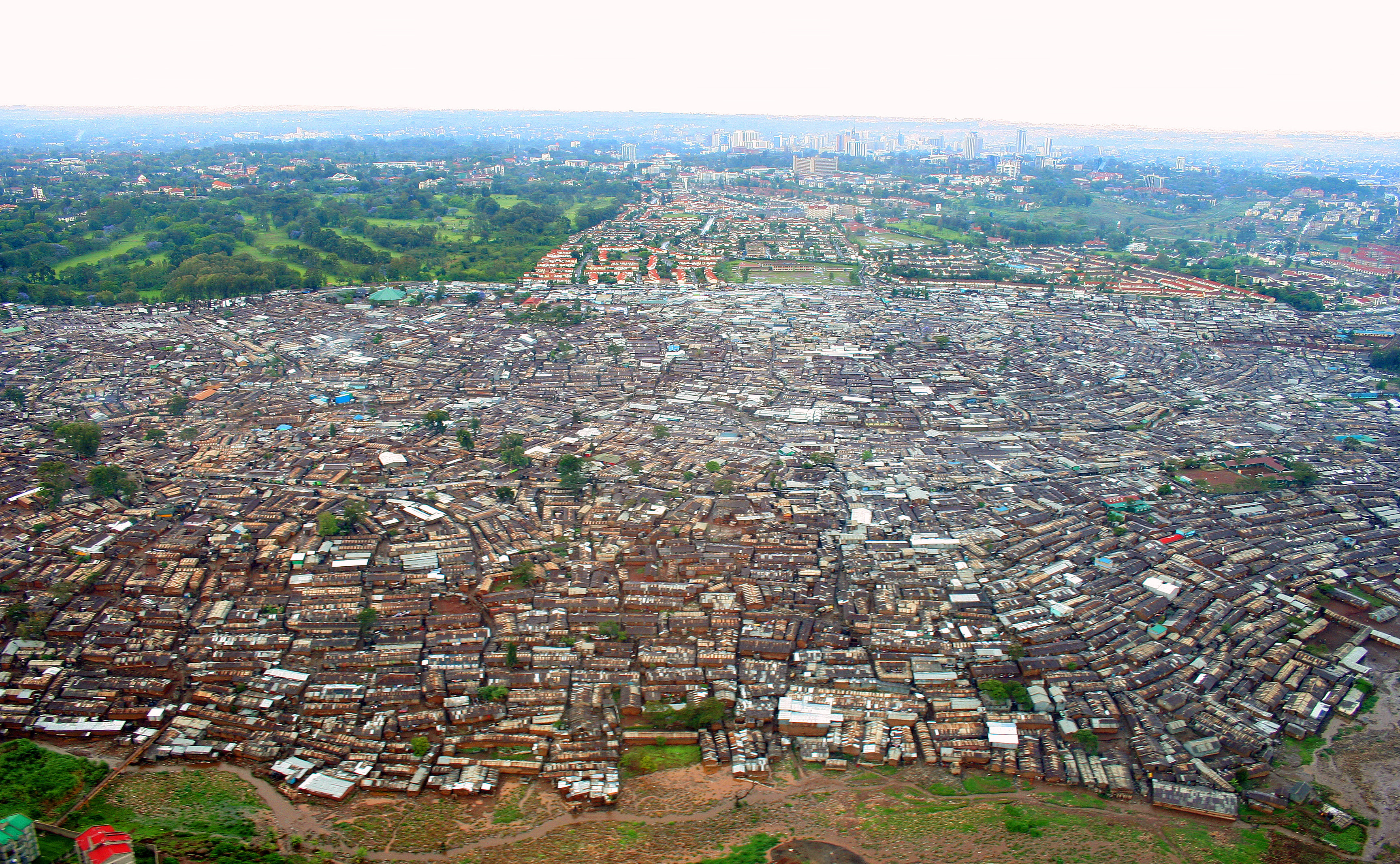LEAP 4 Kibera
2011 – 2015
Milestones


Our Mission & Vision
Mission: Empower young adults to assess chronic issues, engage professionals and leverage technology to reduce poverty both in the U.S. and in the Kibera Slum. Coach a team of diverse students to build a collaborative partnership committed to impact garbage to energy, leadership, health care, and sanitation.
Vision: Global teams of young adults committed to train as leaders to make a significant impact on themselves, their communities, and their world.
Read Our LEAP Story
On the first day of LEAP, I was thrust into a small classroom in the nearby town of Stamford, Connecticut, surrounded by people I did not know, or ever think I would come to know, despite the fact that they lived so close by. Over time, these people sitting in the room week after week from different racial, religious and socio-economic classes learned to work with each other, understand each other and learn from each other. The LEAP leadership class model forced our different communities to accept each other for who we are, and I, out of this class, I learned to find my voice, collaborate, and understand the importance of cross-community communication and commitment.
After months of communication, the group here in the states and the group of teens in Kibera decided that we had a common interest in issues of environment, bullying, sanitation and disease prevention problems both in the US and in the Kibera slum. Individuals communicated to our team how unsanitary the slum was, and how easy it was to be neglectful of basic first aid and hygiene. Our teams decided, as a whole, that we were passionate about sanitation issues, and decided to work together with the Kiberan community to find a solution to the unhealthy garbage and sanitation issues in the streets of the slum. Usually, I have a hard time understanding how individuals in different outreach programs can know for sure that their fundraising efforts will make a noticeable and tangible difference. Yet, with LEAP, our efforts were decided together with our local and global partners, and everything we did to create change was relevant. By working together, we did not just hand out help, but instead focused on sustainability of our efforts and looked for long term solutions rather than a short term fix.
LEADERSHIP in RESEARCH AND OUTREACH
Keeping the idea of sustainability and community in mind, our LEAP team decided to research innovative technology and prioritize local partners close to the Kiberan community that were already working on the issue of sanitation. Before long, our team found an organization called PeePoople, from Sweden. We found that Peepoople was already working in the Kiberan slum to hand out biodegradable “poop bags” that would turn human waste into fertilizer. What a perfect solution – a slum with a million people, no sewage system, human waste in the streets, laden with hunger and sickness – and now, a way to use their own waste to create fertilizer and grow food. Amazing. In Kibera, human waste was discarded at night in what they call “flying toilets, and therefore often found lying about the streets and in gutters were children play. We saw this as a clearly pressing sanitation issue, and agreed that Peepoople’s efforts were perfect to meet their needs.
Problem: Despite living in the Kibera slum, the group we were working with had never seen or heard of Peepoople.
Suddenly, as a sophomore in high school, I was faced with the task of reaching out to the CEO of a company in Sweden. I was nervous and a bit unsure about how to go about this goal, but nevertheless I was sure that if I wrote the Executive Director to explain our mission, she might be willing to educate us. Surely enough, we got a quick response from Peepoople about forming a partnership with LEAP to Kibera, one that would, again, benefit both parties involved. I was shocked and amazed to find that not only did we need Peepoople to help reach our goals, but Peepoople needed us! Peepoople explained how hard it was for them to get the Kiberan community to use these biodegradable bags since it was somewhat of a cultural stigma. Individuals in the community did not understand why human waste in the street was a bad thing, and why using these bags would help the overall health of the community. With this, I came to a striking realization; the problem went much deeper than just basic community sanitation, but it went all the way down to the education of hygiene and disease prevention to the entire slum.
DIGGING DEEPER TO SOLVE THE PROBLEM
We continued weekly conversations with our partners in Kibera, and collectively decided it was not enough to use Peepoople bags alone, so once again, we turned to research to look for efficient ways to improve the overall hygiene of the slum. Our goal was to educate our communities about health and sanitation. The difference this time was that LEAP, FAFU and Peepoople were now committed as partners to impact this issue together.
Peepoople created a plan to leverage the teachers in the schools to teach hygiene to the children and hopefully combat the cultural stigma through the community’s youth. Yet, Peepoople did not know how to effectively teach hygiene, for it was not their primary expertise.
As a result, it was our job, a team of high school students from Connecticut, to help discover a solution to this problem. After doing extensive research, we came upon an organization called Africa AHEAD. Africa AHEAD and CEO Juliet Waterkeyn have developed a Community Health Club model of hygiene and sanitation education. Their reputation of success throughout Africa has been unmatched, and their model was the perfect fit for the Kiberan Community.
Again, I was faced with the ever-daunting task of reaching out to a CEO, this time in South Africa. Despite my apprehension, I, a high schooler from across the world, got a response from Dr. Waterkeyn herself, explaining how she would love to help us reach our goals of sanitation education in the Kiberan Slum. Right before my eyes, a partnership was growing, one that contained the most unlikely groups of individuals. She offered to train our African team for free if we could get them to a training in Rwanda. A task for sure, but at this point we were all so committed to realize our dreams that we held a pie drive to raise funds to send 3 partners to Rwanda to be trained to eradicate 5 major diseases in the slum.
I never imagined that my time at LEAP would place me in a partnership with two reputable organizations, and a group of hardworking teens in a slum thousands of miles across the Atlantic. We all discovered that as separate communities, we would be guessing what was needed to solve these deep, cultural intertwined problems. Instead, as collaborative partners, we leveraged our strengths to reach our goals.
COLLABORATION AND COMMITMENT TO REACH OUR FINAL GOAL
Africa AHEAD education taught us that we needed 2 more things to make a comprehensive, sustainable difference in the slum community: leadership and a personalized Community Health Care curriculum. Success, before I graduated, was to ensure our program encompassed all the goals of FAFU, LEAP, Peepoople, Africa AHEAD and our new Community Health Care Program for all. My 4 year LEAP completed when I traveled with my partner, Emily Fawcett, to Kibera, for the first time in 4 years, excited to meet and train my partners on health care skills we defined together, and EMT skills I had learned here in the States.
First, individual leaders from FAFU and Peepoople were trained on the LEAP to Lead Leadership model. We wanted this to be a key component of the Health curriculum since the ability to act as a leader in one’s own community is crucial to attaining the overall goal.
Then, A group of individuals from FAFU, Peepoople, and Uganda (another LEAP with similar goals) were invited to Rwanda to be trained on the Africa AHEAD community health club (CHC) model.
Finally, In the Summer of 2014 myself (a trained EMT) and my partner Emily Fawcett (a nurse from New York City) traveled to the Kibera Slum with our own expertise in medicine to train a group of FAFU teachers basic first aid and sanitation. We took inspiration from the CHC model to create a curriculum that would be sustainable and scalable throughout the Kibera Slum. Each individual we taught signed a “pay it forward” contract, one that ensured that the training would not stop there, but instead be passed on throughout the community.
Areas of Impact




LEAP Team
 Lauren Calahan
Lauren CalahanLEAP Coach
 New Canaan, CT
New Canaan, CT
 FAFU
FAFU
Kibera, Kenya
 Stamford, CT
Stamford, CT
View Our LEAP Portfolio
Our Partners







